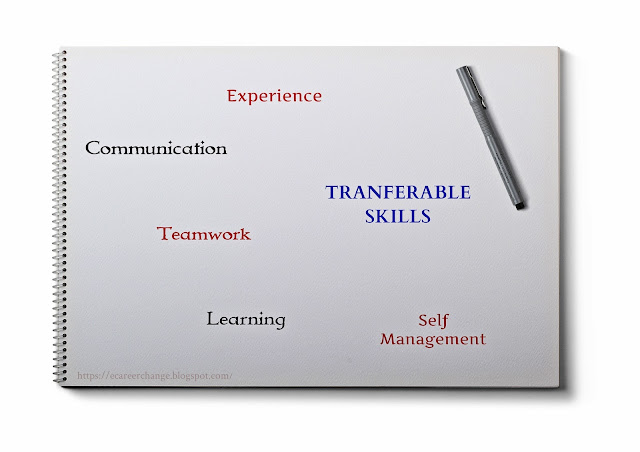Career change
Career Change Resume
jobs
Resumes
transition
Tips For Writing Powerful Career Change Resume
Are you opting for a career change? It can happen due to two reasons – going for a totally different career field by choice, or you want to take on new challenges. Whatever be your cause for switching career, the first thing you need to do is write a fresh and relevant resume. Before you do, understand that using the same methods to draft it that landed you an established job would not be sufficient now. As hiring managers have limited attention span, it is necessary to put your best foot forward and market yourself appropriately. Following tips give an insight on how to write a good career change resume and secure a job in a new field.
A career change can occur when there is a scarcity of jobs in the current industry, increased competition, or no progress in the pursued field. Regardless of any reason, an individual must concentrate on writing a proper career change resume that is bound to catch the recruiter's attention and make him/her fix an interview.
 |
| Career Change Resume |
Create a strong first impression
Take efforts to write a captivating cover letter. It is the first thing that the hiring managers are going to read. It gives you a chance to convey how the past work history and skills make you a suitable candidate for the job. Even if you have little or nil experience of the new field, and are competing against individuals who have worked in a similar background, the cover letter is an opportunity to stress on how you can achieve an effective transition in the new role.Mention Transferable skills
Understand the role by reading the job description. Analyze skills you have gained relevant to the new position that can convey you as a perfect match for the role. For example, if you have decided to move from the team leader to teacher, find out the things that are common in both the profession. It could be strong presentation skills, ability to convey your thoughts in simple language and capacity to hold attention of audience. To compare your skills with the applied job, use these resume samples.Use a resume objective
An objective can be used in top section of your document to specify the type of job you are looking for. While this statement is going to be about you, its main purpose is to sell yourself to the hiring managers. Write an eye-catching objective statement that helps recruiters connect the dots and make them understand how your previous career has given you skills that are apt for the new job.Decide on format
There are many types of resume formats available. When you are switching to a new field, it is important to revamp your resume as per a specific format that is most convenient to you. It could be a chronological resume in which your past work experience is highlighted in reverse order along with a qualification summary. Or it can be a functional resume where priority is given to your experience and skills rather than the organization you have worked for. One can also use a combination of both the types to make the right impact.Mention valuable experiences
Include the description about key projects that helped you develop transferable skills. It can be training or volunteer work you have done in the previous company. If you have little experience of the new field, emphasize work done beyond the office hours. For example, if you are working at a customer care center and are looking forward to moving in website design, include the website you might have designed for a local restaurant during your graduation years. Demonstrate your passion for the new career and tell how you have made use of opportunities to improve your skills.Do not include unnecessary information
You might have worked in a variety of projects in the past, but not all should be included on the resume. Even if you have accomplished many tasks in your previous organization, highlight only those that are relevant to the new field.A career change can occur when there is a scarcity of jobs in the current industry, increased competition, or no progress in the pursued field. Regardless of any reason, an individual must concentrate on writing a proper career change resume that is bound to catch the recruiter's attention and make him/her fix an interview.













